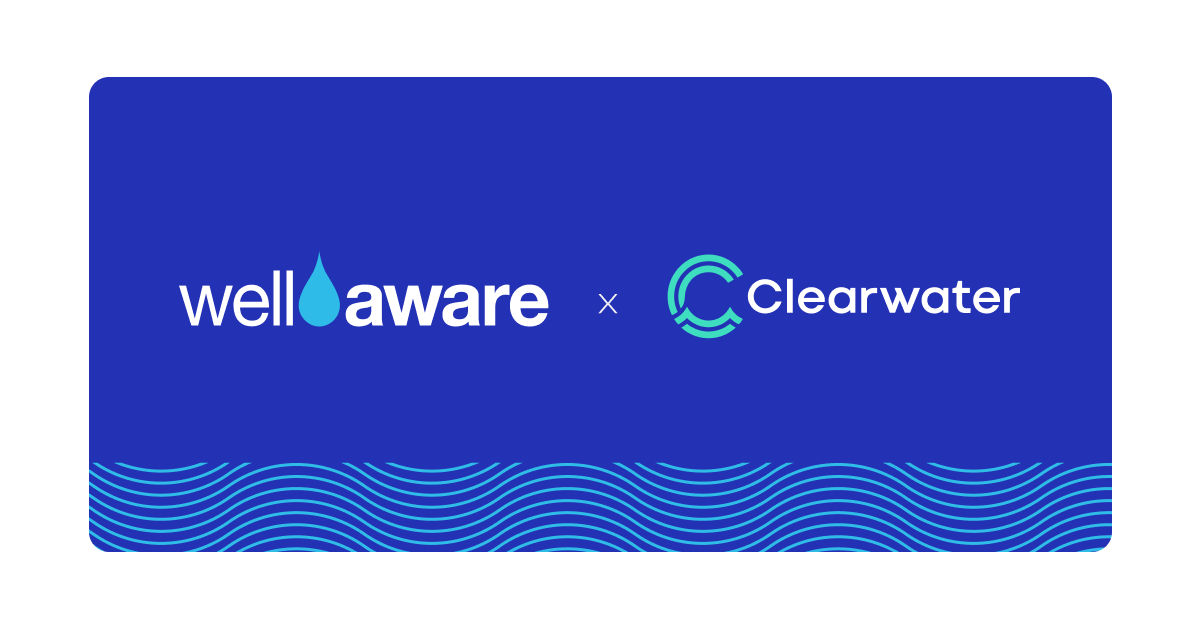There’s a lot to unpack when it comes to understanding HSA plans. Here are a few benefits— and potential drawbacks to consider.
1) The Triple Tax Advantage! That’s like a bunch of free money, right?
1a). Well, yes and no. It’s true HSAs have a lot of tax benefits, but there are rules for how you can access your funds. You can always use your HSA account for qualified medical expenses. But if you want to tap into your funds for non-medical uses before you turn 65, you’ll get tagged with a 20% early withdrawal penalty.
At age 65, you can access your cash without having to pay that penalty. But unless you withdraw from your account to pay for medical expenses, you’ll still have to pay taxes on the earnings. So it’s not totally free, no-strings-attached money. But an HSA can be a seriously useful savings tool for medical expenses in your retirement years.
2). How about all of those qualified expenses! Absolutely, HSA accounts can be used on a lot of qualifying expenses. Some pretty unique ones, too, that often aren’t covered by insurance plans—acupuncture, anyone? When you consider HSAs can be used for things like copays, dental expenses and vision costs, setting one up makes a lot of sense.
2a). HSA funds don’t pay for everything. You can’t use your HSA for your monthly premiums. It won’t cover most over-the-counter medication, either. Elective cosmetic surgery is typically out. And sorry, no gym memberships. Womp womp.
3). HSA’s can be a big win if you’re self-employed. Even if you don’t itemize your taxes, that’s OK: HSA contributions are considered above-the-line deductions, meaning you can still take the write-off without itemizing. Raking in tons of cash? That’s great! And it’s great to know that even high-earning self-employed individuals can contribute to an HSA.
Getting your HSA through your work? Check to see if they offer matching contributions, like some companies do with your 401K. If your company kicks in, that’s a win too. You’d still be bound to the annual maximum contribution levels, though.
3a) HSAs lose some luster if you have steady healthcare expenses—or a surprise accident. Since they’re attached to a high deductible health plan, HSAs may require some out-of-pocket payments early in your plan year. An unexpected incident like a broken thumb playing softball can mean you’ll need to buck up for that deductible unexpectedly. If you have steady healthcare needs like prescription medications, you’ll have to pay those up front before the deductible kicks in, too.
While you’ll still get the benefit of reducing your annual pre-tax income with an HSA, if you know you’re going to have a lot of healthcare expenses in the year ahead, you’ll miss out on some of the longer-term investment benefits of an HSA.
4) – Many HSA accounts provide a debit card. You can use this for medical expenses. Pretty convenient.
4a) – Some HSA accounts have monthly administration fees. Kinda annoying.






